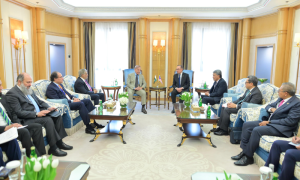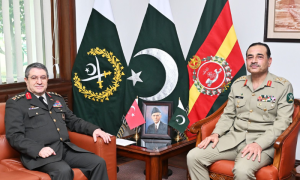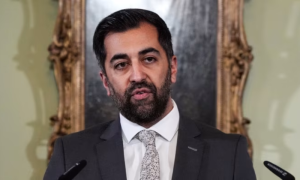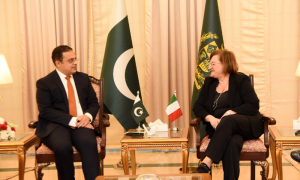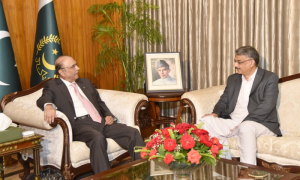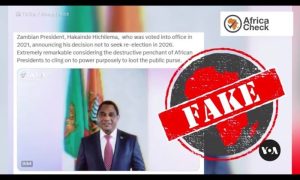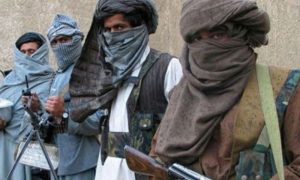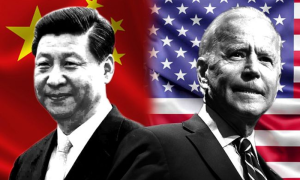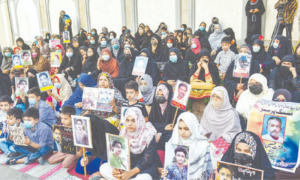ANKARA: Early in his political career, a massive earthquake and economic problems helped propel President Recep Tayyip Erdogan to power in Turkiye. Two decades later, similar conditions are putting his career at risk.
The highly divisive and populist leader is seeking a third consecutive term as president on 14 May, after 3 stints as prime minister, which would extend his power into a third decade. He is already the longest-serving leader in Turkiye.
The presidential and parliamentary polls could be the most challenging yet for Erdogan. Most opinion polls point to a slight edge by his opponent, Kemal Kilicdaroglu, who leads the center-left, secular Republican People’s Party. The presidential election outcome could well be determined in a runoff vote on 28 May, AP reported.
Erdogan is facing a hard test in this election because of public anger over rising inflation and his handling of the 6 February earthquake in southern Turkiye that killed more than 50,000 people, leveled cities, and left millions displaced. His political opponents say the government was slow in rescue efforts and that its failure to enforce building codes is a big reason for the high death toll.
The political party founded by Recep Erdogan in 2001 came into power amid a financial crisis and the Izmit quake in 1999. His Justice and Development Party (AKP) capitalized on people’s anger over the government’s mishandling of the calamity. Erdogan became Prime Minister (PM) in 2003 and has never relinquished power since then.
Erdogan’s handling of earthquake
After the earthquake, Erdogan has focused his reelection drive on reconstructing quake-stricken areas, pledging to build 319,000 homes within a year. In a series of rallies, he has touted past big projects as proof that only his administration can restore the region.
He has announced multiple spending measures to temporarily relieve those hardest-hit by growing inflation, including raising minimum salaries and pensions, adopting a policy to allow some people to retire early, and supporting consumers for electricity and natural gas.
He has also greatly focused on the defense sector, increasing production of drones and fighter planes and building an amphibious landing ship that his government describes as “the world’s first drone carrier.”













